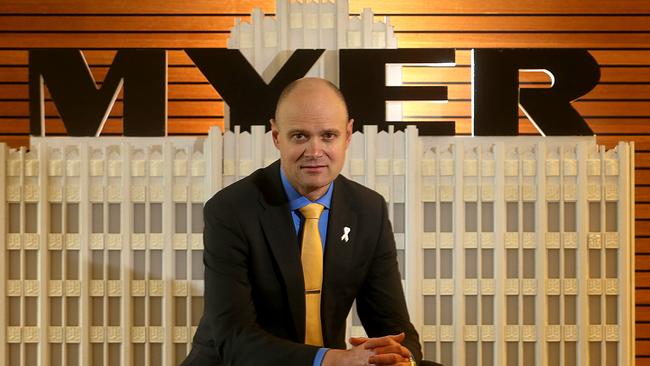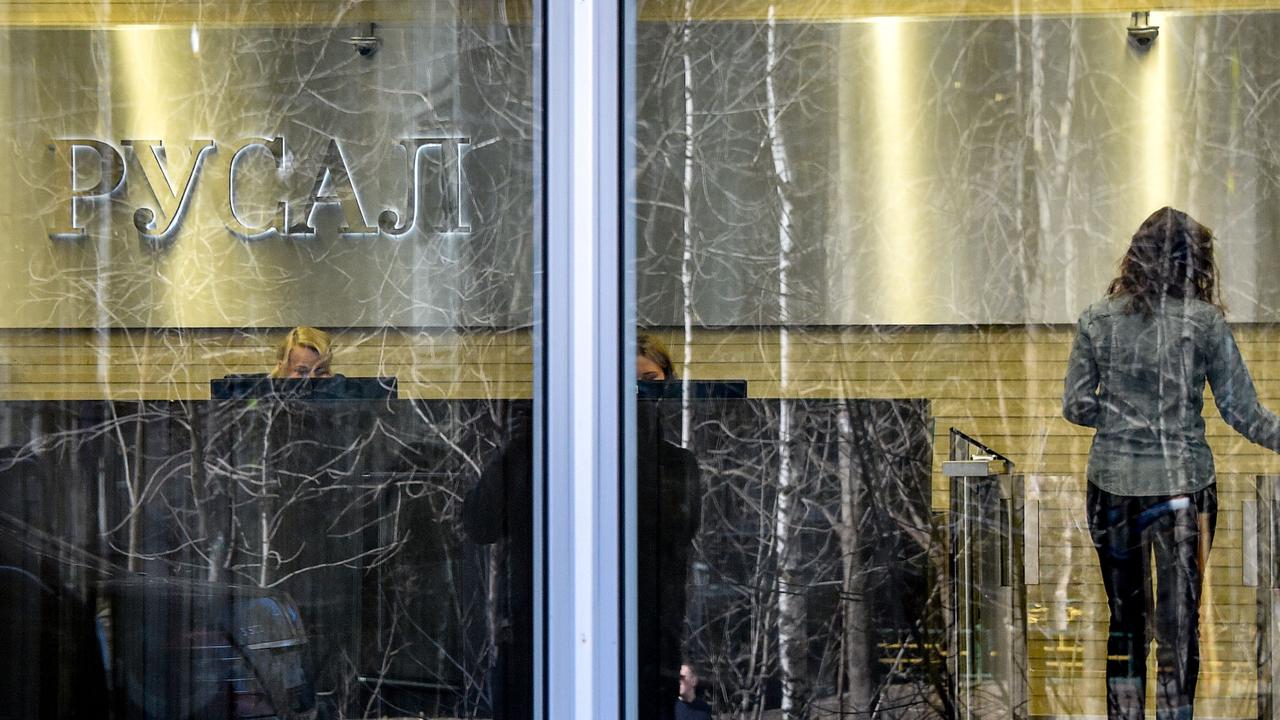Lew goes on front foot in Myer stoush
Solomon Lew’s latest jab at Myer has come at a moment of acute vulnerability for the department store.

Premier Investment’s announcement that it was requested a copy of the current Myer register and plans to requisition an extraordinary meeting of shareholders has been timed to take advantage of what Lew clearly believes will be a disappointing, verging on disastrous, first half performance by the department store group.
By the time an EGM could be held — 45 business days after it is formally requisitioned — Myer will have revealed those first-half results, which will include what was a difficult Christmas trading period for retailers.
Leading into Christmas, Myer had already revealed that sales to the end of November were down 2.3 per cent (1.8 per cent on a comparable stores basis) and that sales in the first two weeks of December were down five per cent on the same period of 2016.
If that trend continued through the Christmas and post-Christmas period — as Lew appears to believe — Myer might, as Premier postulated, have to write down significant amounts of the near-$1 billion of intangibles in its balance sheet, raising a question mark over its ability to meet its borrowing covenants and, perhaps, over whether it might need to raise equity.
Last month, of course, South Africa’s Woolworths announced it had taken a $712 million impairment charge against the value of David Jones, referencing “tough and unprecedented trading conditions, a cyclical downturn and structural changes that have impacted performance across the Australian retail sector.”
It is that backdrop, most of which is beyond Myer’s control, that has made it so susceptible to a fresh onslaught from Lew. Unless it is able to pull a rabbit out of the hat with something surprisingly positive emerging from its Christmas trading experience it is going to be very difficult for the incumbent board to defend itself.
Where last year’s attack on Myer was largely confined to a campaign via press release, the strategy for the renewed attack appears to be more fully developed and, it appears, will be backed (with the help of the Myer register) by a full-scale proxy solicitation campaign.
It is also more geared to winning the support of Myer’s significant shareholders, particularly Investors Mutual, which holds just under 10 per cent. Premier’s own shareholding is 10.8 per cent.
Last year Premier put forward the names of three candidates for the Myer board — former Myer managing director Terry McCartney, former UBS investment banker Tim Antonie and the chief investment officer of Abacus Property Steven Sewell — with McCartney and Antonie to represent Premier itself and Sewell positioned as an independent. Myer rejected that proposal.
Now it will put those nominees up again, this time directly to shareholders, while also saying it will “caucus” with other Myer shareholders to determine appropriate candidates to fill out the board.
That will provide an opportunity for Investors Mutual, and others, to put forward their own nominees — the suggestion is that Premier is looking for a slate that includes a majority of independents — which would defuse or at least diminish the prospect of Premier gaining control of Myer without a takeover offer and perhaps assuage some concerns about the conflicts of interest that might arise from Premier’s status as a Myer competitor and major supplier.
Premier is characterising the proposed EGM as the “significant circuit-breaker” needed for the company to have a sustainable future. Lew would be very aware that there are a lot of Myer shareholders who no longer care about the context in which Myer’s performance and share price have deteriorated over the years and to whom a radical reset of people and strategy would be appealing.
In foreshadowing that it will call the EGM, Premier noted that Myer experienced a “first strike” in the vote on its remuneration report at last year’s annual meeting, where 29.3 per cent of the shares voted at the meeting were against its adoption.
A second strike this year would trigger a spill of the entire board. Lew is bringing forward a confrontation that would otherwise inevitably have occurred later this year — and might yet, if Premier were to lose at the EGM.




It was only ever a matter of time before Solomon Lew relaunched his campaign to gain entry to the Myer boardroom and he has done so at a moment of acute vulnerability for the incumbent board.